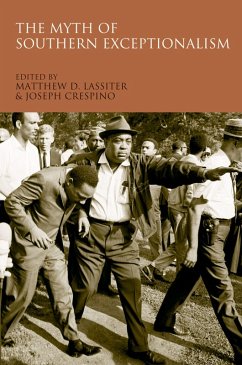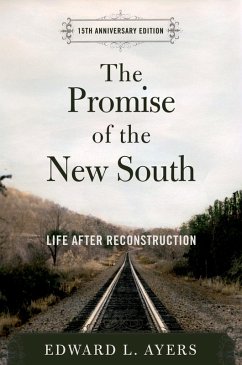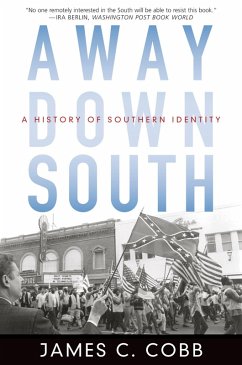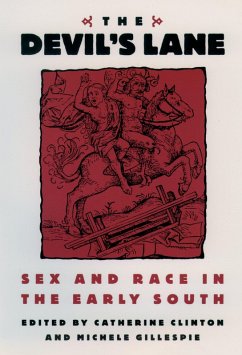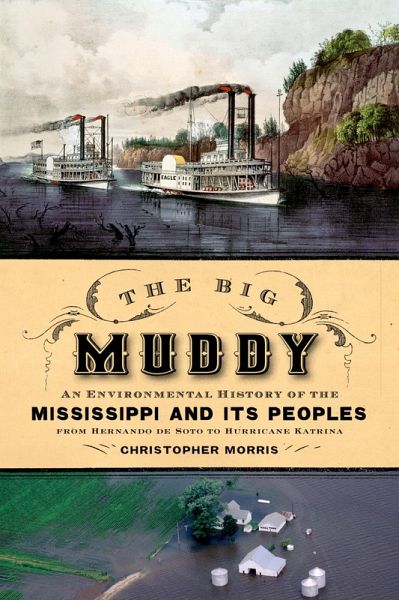
The Big Muddy (eBook, PDF)
An Environmental History of the Mississippi and Its Peoples from Hernando de Soto to Hurricane Katrina

PAYBACK Punkte
8 °P sammeln!
In The Big Muddy, the first long-term environmental history of the Mississippi, Christopher Morris offers a brilliant tour across five centuries as he illuminates the interaction between people and the landscape, from early hunter-gatherer bands to present-day industrial and post-industrial society. Morris shows that when Hernando de Soto arrived at the lower Mississippi Valley, he found an incredibly vast wetland, forty thousand square miles of some of the richest, wettest land in North America, deposited there by the big muddy river that ran through it. But since then much has changed, for t...
In The Big Muddy, the first long-term environmental history of the Mississippi, Christopher Morris offers a brilliant tour across five centuries as he illuminates the interaction between people and the landscape, from early hunter-gatherer bands to present-day industrial and post-industrial society. Morris shows that when Hernando de Soto arrived at the lower Mississippi Valley, he found an incredibly vast wetland, forty thousand square miles of some of the richest, wettest land in North America, deposited there by the big muddy river that ran through it. But since then much has changed, for the river and for the surrounding valley. Indeed, by the 1890s, the valley was rapidly drying. Morris shows how centuries of increasingly intensified human meddling--including deforestation, swamp drainage, and levee construction--led to drought, disease, and severe flooding. He outlines the damage done by the introduction of foreign species, such as the Argentine nutria, which escaped into the wild and are now busy eating up Louisiana's wetlands. And he critiques the most monumental change in the lower Mississippi Valley--the reconstruction of the river itself, largely under the direction of the Army Corps of Engineers. Valley residents have been paying the price for these human interventions, most visibly with the disaster that followed Hurricane Katrina. Morris also describes how valley residents have been struggling to reinvigorate the valley environment in recent years--such as with the burgeoning catfish and crawfish industries--so that they may once again live off its natural abundance. Morris concludes that the problem with Katrina is the problem with the Amazon Rainforest, drought and famine in Africa, and fires and mudslides in California--it is the end result of the ill-considered bending of natural environments to human purposes.
Dieser Download kann aus rechtlichen Gründen nur mit Rechnungsadresse in A, B, BG, CY, CZ, D, DK, EW, E, FIN, F, GR, HR, H, IRL, I, LT, L, LR, M, NL, PL, P, R, S, SLO, SK ausgeliefert werden.





